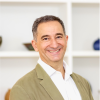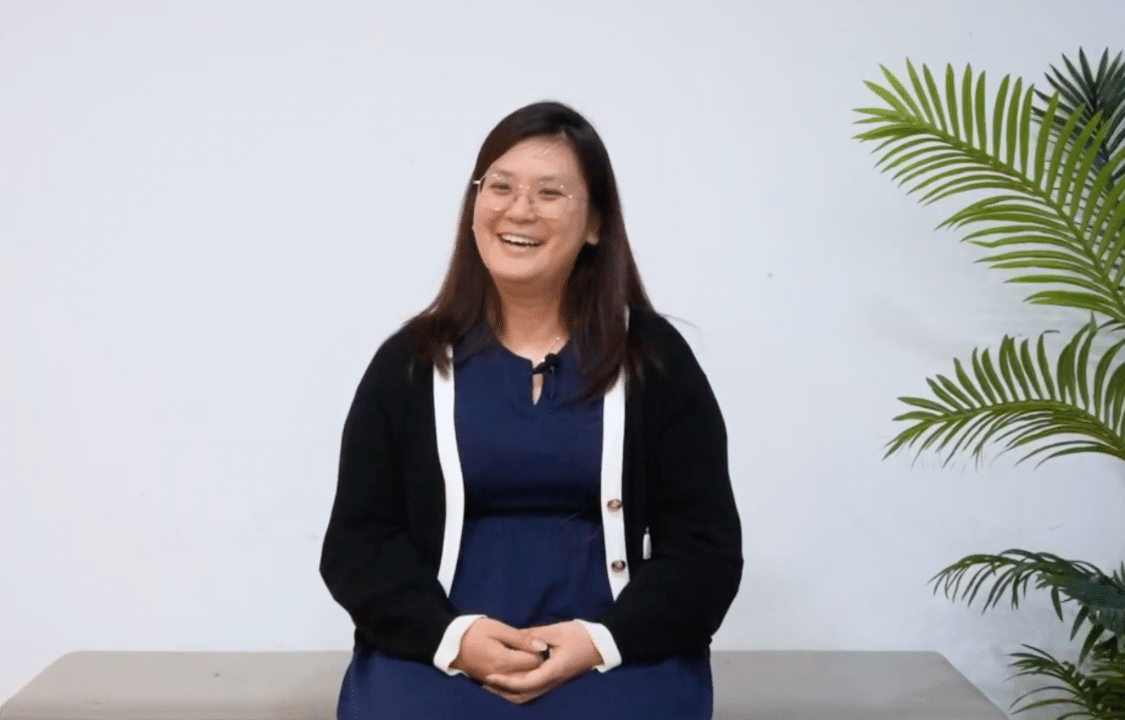Are humans designed to be peak performers?
While inspiring success stories often imply a natural inclination towards excellence, the reality is nuanced. Even when seemingly set up for success, many individuals still find themselves struggling to achieve their goals and realise their full potential.
A Stanford research supports this, revealing that just ¹20% of teams and individuals ever reach their peak potential.
From elite athletes to seasoned executives, many people hold themselves back from their personal or career progress because of self-limiting beliefs. These beliefs like “I’m not good enough” or “I’ll most likely fail” can be deeply ingrained, making it incredibly challenging to shift this mindset.
But why is it so difficult to change our thinking, and what can we do about it?
Explore the science behind this in our exclusive workshop conducted by Dr. Jonathan Marshall, coach and clinical psychologist. In the workshop he will take you through a step-by-step deep dive into the mechanisms of self-sabotage, empowering you to gain insights into the mindset and take actionable steps to overcome it.
Key Highlights of the Workshop
- Understanding Self-Sabotage: Discover common patterns where you inadvertently prevent yourself from reaching your full potential.
- Uncovering the Assumptions: Break down your behaviours into thoughts, and identify the hidden assumptions that ground those self-limiting beliefs.
- Step-by-Step Run Through: Experience a detailed breakdown of the entire process, ensuring you leave with practical, actionable insights.
Preview the Workshop:
Dismantle Your Self-Limiting Beliefs
¹ Data sourced from Positive Intelligence: Why Only 20% of Teams and Individuals Achieve Their True Potential, Stanford Graduate School of Business.
About the Trainer

Ph.D. in Counselling Psychology
Dr. Jonathan Marshall combines clinical psychology and executive coaching to improve the well-being and performance of his clients. He has been on the full-time faculty of the top two universities in Singapore and currently leads Marshall Consulting, a boutique human development firm. His clients include multinationals and government agencies. He explains that whether one aims to excel as a CEO or martial artist, or seeks recovery from trauma or depression, the fundamental challenge is in training one’s mind.
A third-generation Singaporean, Dr. Marshall embarked on his journey in leadership as a naval officer before joining the 20-member team that created Yahoo! Mail. He earned his bachelor’s and doctoral degrees in psychology from Stanford University and his postdoctoral fellowship at Harvard University. His pastimes include pottery and his holidays are often on meditation retreats.


